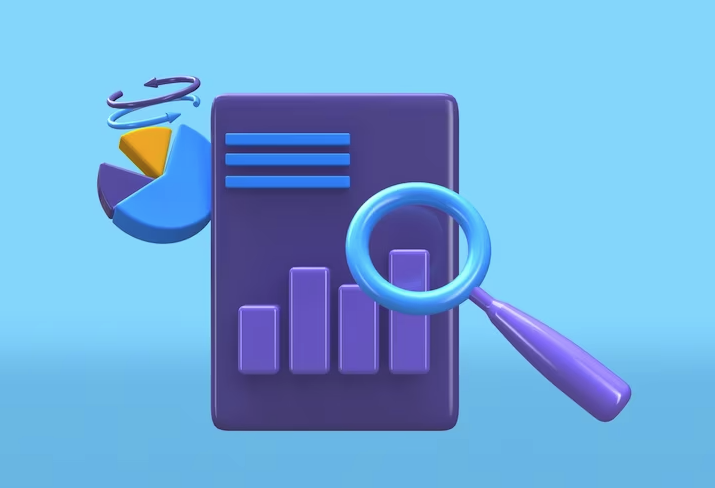Understanding the Analytics of SEO: Measuring and Improving Your Impact

Navigating the Data-Driven World of SEO
In the ever-evolving realm of digital marketing, understanding and leveraging SEO analytics is crucial for measuring and enhancing the impact of your Search Engine Optimization efforts. This analytical approach enables businesses to make data-driven decisions, fine-tune their strategies, and maximize their online visibility and engagement. This article delves into the key aspects of SEO analytics and how they can be used to improve your website’s performance in search engine results.
The Importance of SEO Analytics
Gaining Insights into Website Performance
SEO analytics provide invaluable insights into how well your website is performing in terms of search engine rankings, traffic, user engagement, and conversions. These metrics help identify successes and pinpoint areas needing improvement.
Guiding Data-Driven SEO Strategy
By understanding what the data indicates, you can tailor your SEO strategy more effectively. This involves optimizing your website’s content, structure, and on-page elements based on concrete information rather than guesswork.

Key SEO Metrics to Track
Traffic Sources and Volumes
Understand where your traffic is coming from – be it organic search, referrals, social media, or direct visits. Analyzing traffic sources helps in identifying which channels are most effective and worthy of further investment.
Keyword Rankings
Tracking the rankings for targeted keywords gives insights into how visible your website is for specific searches. This helps in assessing the effectiveness of your keyword strategy and guides further optimization.
Bounce Rate and User Engagement
Bounce rate and metrics like average session duration and pages per session offer insights into user engagement. High bounce rates may indicate that your content is not meeting user expectations or that your website is not user-friendly.
Analyzing On-Page SEO Performance
Content Effectiveness
Analyzing how individual pages perform in terms of traffic, engagement, and conversions can indicate the effectiveness of your content. This includes assessing the impact of different types of content, such as blog posts, product pages, and landing pages.
Site Speed and Technical Performance
Site speed and technical performance are crucial for SEO. Use tools like Google PageSpeed Insights to analyze your website’s loading times and identify technical issues that may be hindering your SEO performance.
The Role of Backlinks in SEO Analytics
Quality and Quantity of Backlinks
Assess the number and quality of backlinks pointing to your website. High-quality backlinks from reputable sites can significantly boost your SEO, while poor-quality links can have a negative impact.
Identifying Link-Building Opportunities
Analyzing your backlink profile can also reveal opportunities for further link-building efforts, such as reaching out to industry blogs or leveraging partnerships.

Using SEO Analytics Tools Effectively
Google Analytics and Google Search Console
Leverage tools like Google Analytics and Google Search Console for comprehensive SEO data. These tools provide insights into traffic, search performance, user behavior, and technical site health.
Advanced SEO Tools
Consider using advanced SEO tools like SEMrush, Ahrefs, or Moz for deeper analytics, including competitor analysis, keyword research, and more detailed backlink profiles.
Making Data-Driven Improvements
Continuous Monitoring and Tweaking
SEO is not a set-and-forget strategy. Continuously monitor your analytics and make necessary tweaks to your website and content based on the data.
Experimentation and Adaptation
Don’t be afraid to experiment with different SEO tactics based on analytics insights. Adapt your strategy as needed to stay aligned with changing search engine algorithms and market trends.
The Power of Informed SEO Decisions
Understanding and utilizing SEO analytics is key to measuring and improving the impact of your SEO efforts. By focusing on the right metrics, leveraging effective tools, and making informed, data-driven decisions, you can significantly enhance your website’s search engine performance, drive more traffic, and achieve your digital marketing goals.